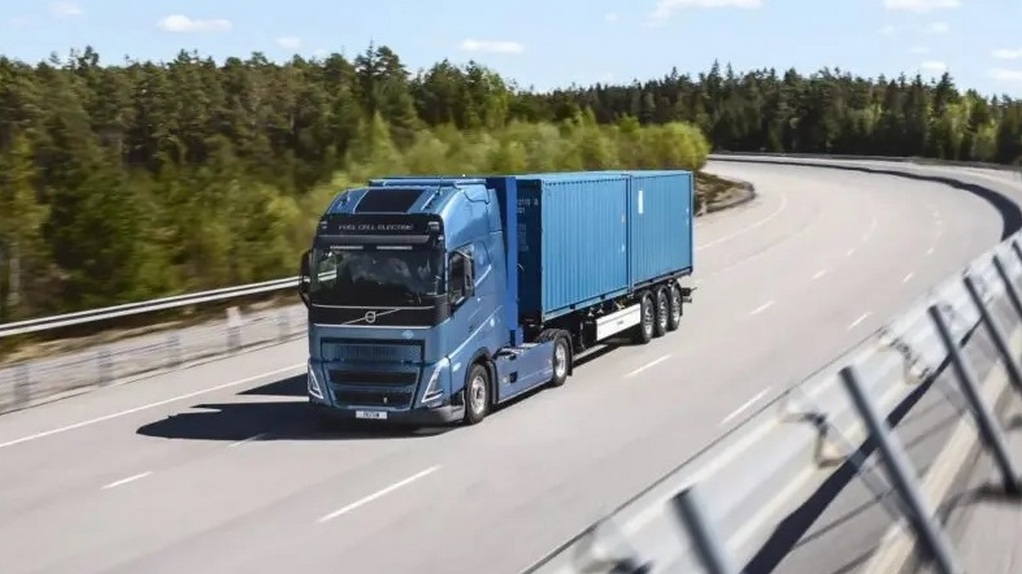Volvo Group Australia has announced that all Volvo and Mack trucks produced at the company’s Wacol facility will be filled with hydro-treated vegetable oil (HVO100) instead of diesel fuel from December this year. HVO100 is a renewable and sustainable synthetic fuel made from vetted waste vegetable oils and animal fats. It has a low carbon footprint, zero sulfur and can be used in Volvo Group engines without any modifications.
It can be used as a standalone fuel or blended with diesel without impacting service intervals or engine components and has emerged as an environmentally friendly alternative to traditional fuels.
“While HVO is not strictly a zero-emissions fuel, it is a fossil-free alternative that reduces well-to-wheel emissions by up to 90 percent, which makes a significant step forward in reducing our environmental impact.“ Incorporating HV100 into our manufacturing process is just one part of our multi-pronged approach to decarbonization.
Volvo Trucks first adopted its HVO first fill program at its factory in Tuve, Sweden, in 2022, but the adoption of the program at the Wacol facility is the first time a multi-branded Volvo Group manufacturing facility has implemented the approach. The group recently signed a 12-month agreement with Ampol to supply HVO100 to its fleet of trucks built at the Wacol factory.
Tags: Biofuels, HV100, Volvo



Recent Posts
New Report Highlights Potential of Voluntary Insetting to Support Maritime Decarbonisation, Calls for Robust Safeguards
Smart Ship Hub achieves industry first with ABS emission reporting
Henkel Rolls Out India’s First Mid-Haul Re-Powered Electric Trucks for Commercial Logistics
Sustainability in Focus at 11th SIAM Automotive Logistics Conclave in New Delhi
L&T Energy GreenTech to Establish India’s Largest Green Hydrogen Plant
JK Srivastava Group and Hynfra Announce $4 Billion Green Ammonia Project in Andhra Pradesh
Andhra Pradesh Unveils Ambitious Green Hydrogen Valley Plan to Lead India’s Energy Transition
South Africa advances plans to decarbonize shipping sector